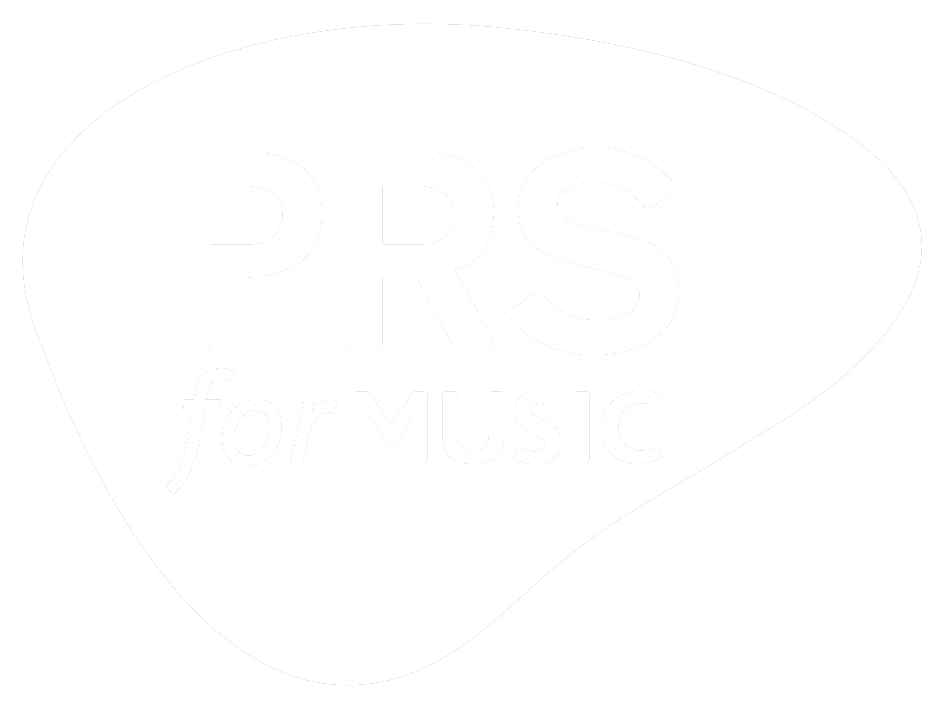The UK music industry is set to become more transparent with the implementation of the UK Voluntary Code of Good Practice on Transparency in Music Streaming. This new code, which took effect on 31st July 2024, includes steps to establish fairer and clearer terms for songwriters and composers.
Tom Gray, Chair of The Ivors Academy, praised the initiative, highlighting its potential to revolutionise industry practices not just in the UK, but globally, “This new code sets a global precedent with a step towards greater fairness and transparency in the UK music industry. For too long bad practice, outdated terms and a lack of transparency have held music creators back. Thanks to our campaigning efforts and work with the government, the industry was brought to the table to agree on minimum standards to ensure there is improved transparency and better terms for our membership, but this will benefit songwriters and composers everywhere.”
The Ivors Academy will monitor how the code is implemented and will work with the Intellectual Property Office to ensure that it works for the songwriting and composing community.
Under this new voluntary code, songwriters and composers can expect the following from their publishers either as a matter of course or on request:
- Clear contracts: Contracts that clearly state remuneration terms, including any details about advances and their recoupment before royalties are payable.
- Detailed royalty calculations: Contracts should set out in reasonable detail how royalties are calculated, including any recoupable costs, the method of sharing royalty information (e.g. statements or portals), and the frequency of these updates.
- Regular statements: Publishers are required to provide a statement of accounts and any due royalty payments at least twice a year.
- Improved royalty rate information: Clearer information about how remuneration rates have been calculated, whether the streaming royalty rate applies to the publisher’s ‘at source’ income or net receipts, and the treatment of withholding tax deducted from revenues by affiliates.
- Clarity regarding contributions to legal costs: Publishers must state whether they will contribute towards legal representation costs, detailing the type and terms of contributions.
- Income details from DSPs: Publishers should provide details of income received from Digital Service Providers (DSPs) for the use of compositions, where available.
The transparency code also requires commitments from publishers regarding audits:
- Right to audit: The contractual right to audit financial information related to streaming royalties received from your publisher.
- Cooperation with audits: Publishers are expected to cooperate with audits as agreed by contract, including reasonable data requests.
- Audit fee contributions: Publishers should consider contributing to audit fees incurred by songwriters and composers if significant discrepancies leading to material underpayment are discovered.
Under the code, songwriters and composers should:
- Reporting: When required by their contracts, songwriters and composers should report or account to their publisher on at least a semi-annual basis. This reporting should detail applicable income received and any relevant information about the income source, as well as how and when it will be shared with the publisher according to the contract.
- Contact information: Songwriters and composers should register with and use royalty portals. They should also promptly update their publisher regarding any changes to their or their representatives’ email addresses and other contact information.
The code was created as a result of the Culture, Media and Sport Committee’s inquiry into the economics of music streaming which was launched in 2020 and called for a ‘complete reset’ to fairly reward songwriters, composers and artists. The Ivors Academy gave written and verbal evidence to the inquiry and is involved in transparency, metadata and creator remuneration working groups. Discover more about the government’s work on music streaming.





